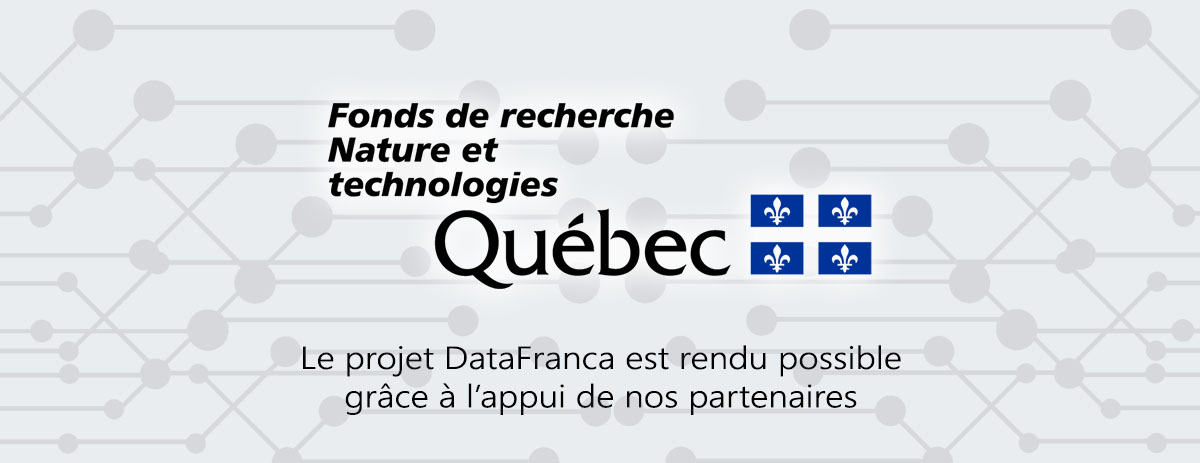« AI-complete » : différence entre les versions
Aucun résumé des modifications |
Aucun résumé des modifications |
||
| Ligne 9 : | Ligne 9 : | ||
== Français == | == Français == | ||
<poll> | <poll> | ||
Choisissez parmi ces termes proposés : | Choisissez parmi ces termes proposés : | ||
| Ligne 16 : | Ligne 16 : | ||
IA générale | IA générale | ||
intelligence artificielle générale | intelligence artificielle générale | ||
</poll | </poll> | ||
<br /> | <br /> | ||
<br /> | <br /> | ||
Version du 19 mars 2019 à 10:41
Domaine
Vocabulary
Intelligence artificielle
Définition
On parle de tâches IA-complètes (en anglais «AI-complete») ou IA-dures («AI-Hard») par analogie avec les problèmes NP-complets que l'on retrouve dans la théorie de la complexité du calcul. Les problèmes NP-complets sont des problèmes qu'on ne sait pas résoudre efficacement en un temps d'exécution polynomial mais plutôt en un temps d'exécution exponentiel.
Français
<poll>
Choisissez parmi ces termes proposés :
IA-complète
IA-dure
IA générale
intelligence artificielle générale
</poll>
Anglais
AI-complete
In the field of artificial intelligence, the most difficult problems are informally known as AI-complete or AI-hard, implying that the difficulty of these computational problems is equivalent to that of solving the central artificial intelligence problem—making computers as intelligent as people, or strong AI.[1] To call a problem AI-complete reflects an attitude that it would not be solved by a simple specific algorithm.
AI-complete problems are hypothesised to include computer vision, natural language understanding, and dealing with unexpected circumstances while solving any real world problem.[2]

Contributeurs: Claude Coulombe, wiki






